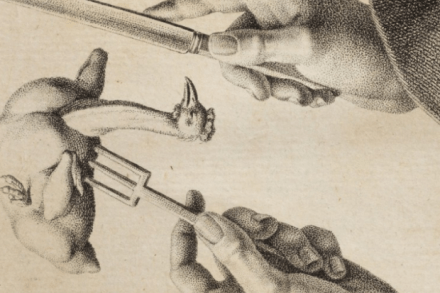The forgotten faithful
It is often said that cricket was ‘a game invented by the English and played by Indians’, and every so often a book comes along that makes you think that something similar could be said of the English language. It would seem from Farthest Field’s dust jacket that this is Raghu Karnad’s first book, but if this assured and moving memoir of wartime India is an apprentice piece, then you can only wonder what is coming next. From the very first page it is the brilliance of the writing that stands out. There is a very English control of irony that can suggest Forster — the Forster of A Passage





















